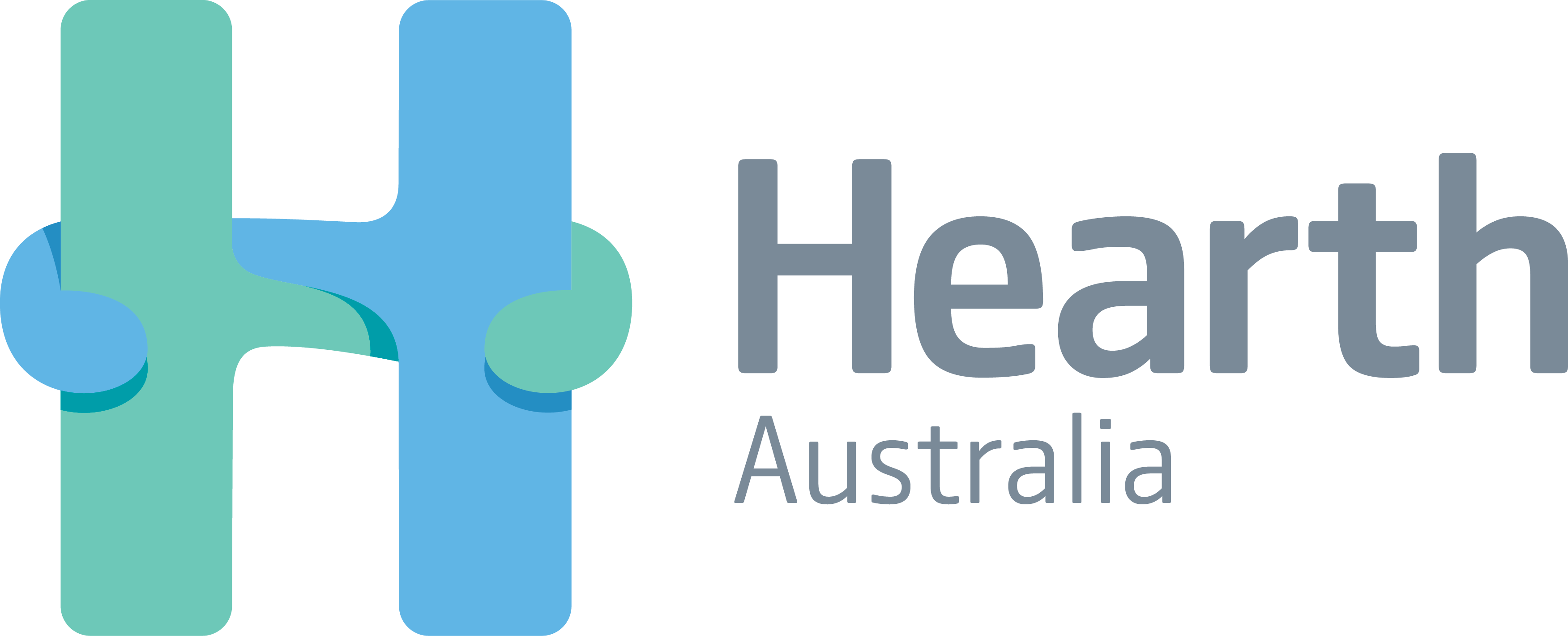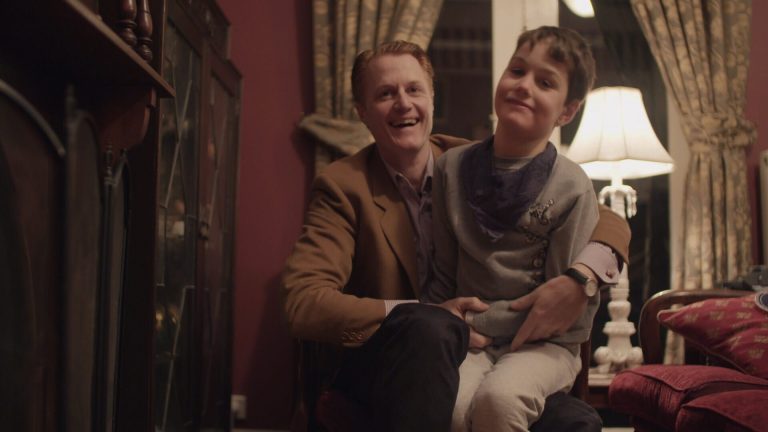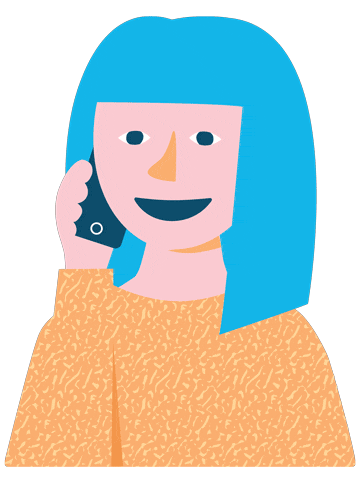How Justin Scanlon went from big corporates Financial Controller to creating Hearth Personal Care Services.
My son Tristan was born “normal” in 2006, at a time when my career was on a fast trajectory. I was in my late 30s, and been endorsed to relocate to London, the result of 15 years hard work.
Tristan suddenly fell ill at six weeks old, beginning the start of a major change for me. It wasn’t obvious at the time, but I would eventually reach a point at which my career was so impacted that I had to step into a very different direction.
Cerebral Palsy was the diagnosis; Tristan loved to arch his head back. I visualised this tiny person continuing to grow with his body in the same position, and wondered what life would be like for him. My wife Teresa was doing Tristan’s therapy-related activity, while I did a lot of the tasks around the house. At my job as the A&NZ Financial Controller at Cadbury Schweppes, demands did not ease. With a head office in London, a regional office in Singapore, and local office here in Melbourne, the job was around the clock.
Separating work from home
I tried very hard to separate work from home life. When friends discussed the impact of parenting duties, I wished life was less complicated. It was a constant treadmill, with a standard day starting at 5am and finishing, hanging out the washing, at 10pm. Teresa was investing significantly in trying to help Tristan develop.
I’m not sure what I was thinking at the time, but during this time I opened a coffee shop outside of Murrumbeena station. I’d always wanted to try setting up a business from scratch. This was to be my first “entrepreneurial” venture – I’d always had 1,000 ideas in my head, but they’d never translated to action. Life soon got crazier, however, as my mother-in-law Pauline fell ill with cancer.
As Tristan developed, it became clear that he would be always dependent on us for support. He constantly fought hard to get his body working, but would probably never be independent; he could not do anything himself. My boss continued to ask when I’d be ready to relocate overseas. Initially, I just asked for some time, but it became clear that if I couldn’t move I’d be just in the way of someone else; I could no longer stay in my current position.
A career handbrake
With hindsight, joining Telstra was really another career “handbrake” for me. Suddenly my peer group was catching up with me, and team members were starting to move ahead. Telstra seemed 10 years behind Cadbury at the time and the culture started to impact upon life at home. The environment at Telstra seemed just as fast-paced, but without any of the enjoyment. I had no choice at the time; one income, a large mortgage, and reduced career choice were my concrete shoes. I was head-hunted to leave, but was convinced to stay at the time.
At the time, to work, we were personally forking out $20,000 per year to employ carers. Through all of this, Teresa was not only doing all the therapy & medical appointments, she was not physically capable of looking after Tristan. At different times our incredible local community rallied around to assist in implementing Tristan’s therapy, but this was always time defined.
We had what seemed like hundreds of carers in our house over the years, with Teresa doing all the work to source & train them. Even when we received some state government support, she was still really doing all the work. I observed a sharp contrast in worlds: A corporate world focused on customer service, and a world in disability which was clearly not focused on the customer at all for the services we needed.
At one stage at Telstra, I worked from 8am to 11pm for two weeks straight, ending up in the bar next door at night with colleagues before beginning again the next day. That didn’t include all the work that waited for me at home.
I started a new business based around saving people time & hassle when organising services in the home: “My Home Concierge”. By then, my career was well and truly unexceptional. This new business was my second venture in the world of “entrepreneurship”. With this business and the coffee shop a few years earlier, it didn’t really matter whether they were successful; I learnt a lot about myself, others, and running a business, skills that would be the foundations of “Hearth”.
My career as I knew it had finished – I was now doing independent consulting. At the time, my wife and I were fighting to keep Tristan at the local primary school with a full-time aide. What I started to realise was that I’d developed many skills through both my career and these experimental small business ventures. I had also unknowingly observed the ‘disability world’ for more than a decade.
Support workers have become essential to our life. Teresa and myself cannot really commit to work at the same time. We run our life with a team of 4 or 5 at a time, with myself picking up the duties on the weekend as the funding does not stretch to cover weekends or holiday periods.
Humble beginnings
‘Hearth’ began as a conversation, before becoming a word document, and then a powerpoint presentation. Unlike my previous ventures, this felt like it couldn’t be done well part-time, so in March 2017 I stopped consulting and Hearth became my only job. The company started in the family room, before moving to our lounge room, then to tiny office in Grange Rd, and then to our current respectable office in East Malvern. In under 12 months we received Federal Government accreditation, formed and funded a management team of 10+, and launched ‘Hearth Personal Care Services’ into the market.
If you had asked me years earlier, I did not have “setting up an NDIS Provider” as something I’d do with my career. In hindsight, it was a natural path, and one which wouldn’t have happened but for my prior experiences and the invaluable support from friends & mentors along the way. Now I am blessed, working with the most incredible people in my career to date.
Download the full story here


